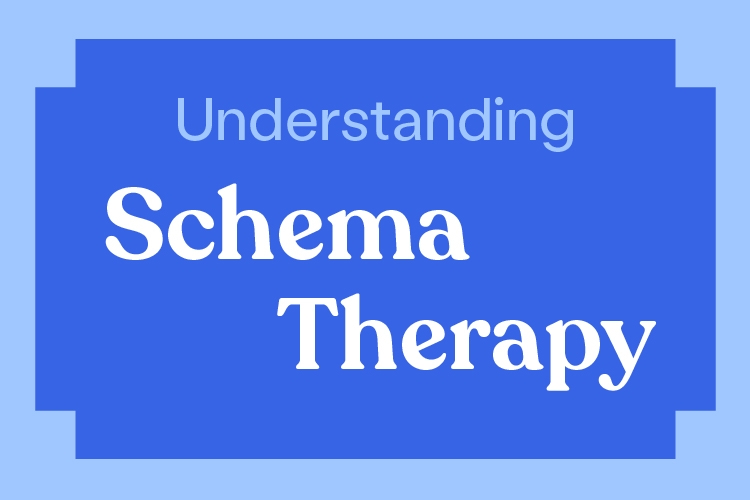Schema Therapy
Schema Therapy is a therapeutic approach that combines elements of Cognitive Behavioural Therapy, attachment theory, and psychodynamic concepts to address deeply rooted and longstanding patterns of emotional distress and maladaptive behavior. It was developed to treat individuals with chronic mental health issues, particularly personality disorders and complex emotional problems.
The core concept of Schema Therapy is "schemas," which are deeply ingrained, self-defeating patterns of thoughts, emotions, and behaviors that develop during childhood and continue to influence an individual's life. Schema Therapy focuses on identifying and understanding these schemas, often rooted in unmet emotional needs or traumatic experiences, and working to modify and heal them.
Therapy involves several phases, including assessment of schemas, building a therapeutic relationship, cognitive restructuring, experiential techniques (such as imagery and chair work), and behavioural change. The goal is to help individuals recognize and challenge their maladaptive patterns, develop healthier coping strategies, and cultivate a more balanced and fulfilling life. Schema Therapy often requires longer-term treatment due to the depth and complexity of the issues it addresses.
Dr Sophie Johnstone has written a blog article that gives a more detailed understanding of Schema Therapy, what it is, and how it can help:

